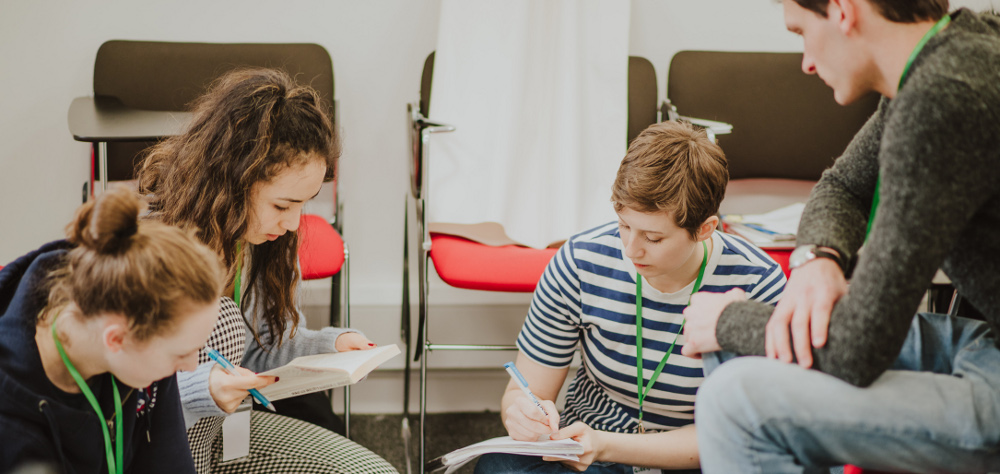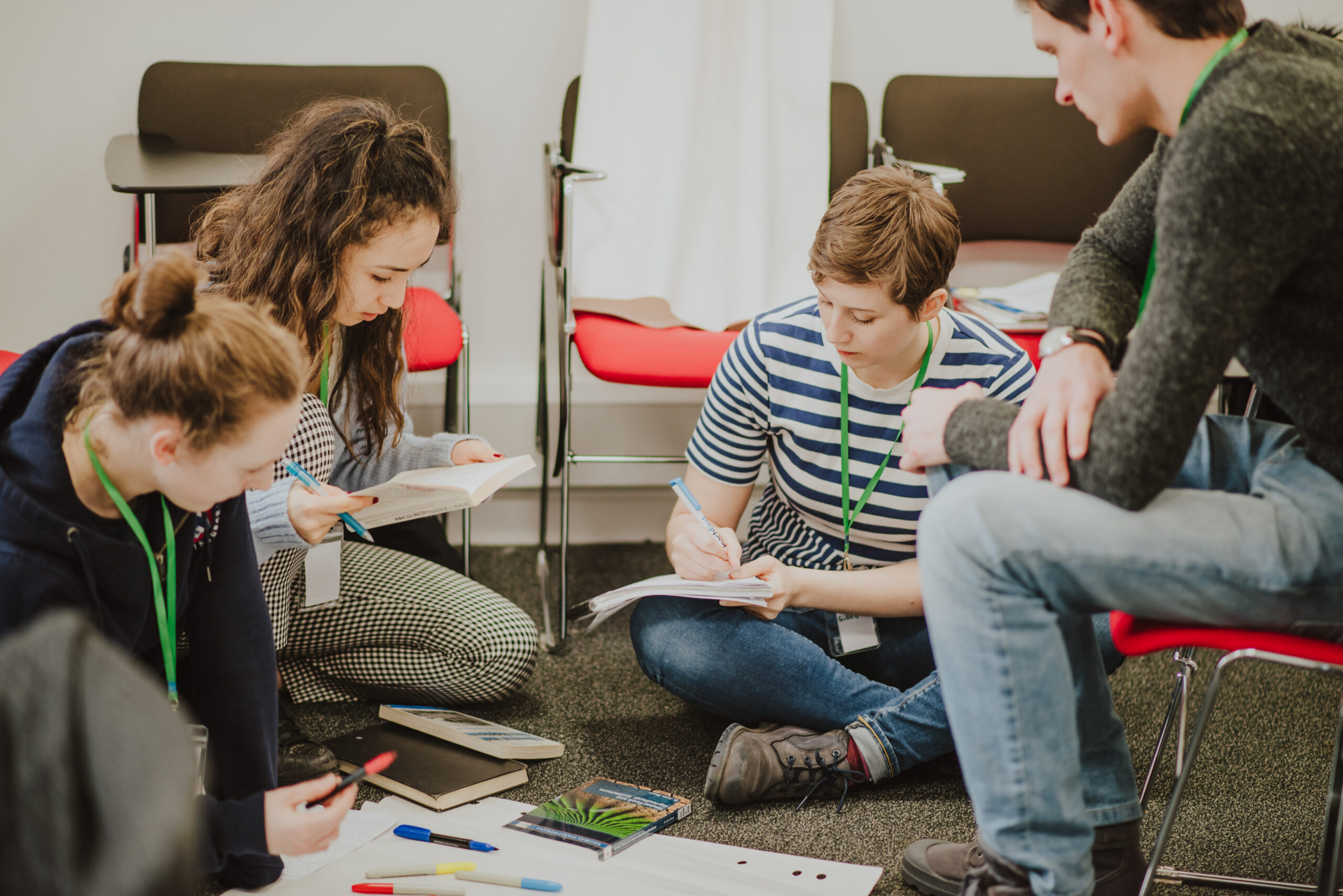 For the past few years, students in the School of Informatics and the Students’ Association have been running InfPALS. PALS stands for ‘Peer Assisted Learning Scheme’: a form of peer learning where students in higher years facilitate study sessions on academic content for students in lower years. These sessions provide students with a space to meet new people, discuss academic content, learn cooperatively and consolidate knowledge gained in lectures and tutorials.
For the past few years, students in the School of Informatics and the Students’ Association have been running InfPALS. PALS stands for ‘Peer Assisted Learning Scheme’: a form of peer learning where students in higher years facilitate study sessions on academic content for students in lower years. These sessions provide students with a space to meet new people, discuss academic content, learn cooperatively and consolidate knowledge gained in lectures and tutorials.
Usually, InfPALS runs in semester 1 for first years, with the aim of easing their transition into Higher Education and getting them used to studying at University level. However, this year, two Student Leaders, Jano and Hanne, took on the challenge of expanding and developing Peer Learning in the School of Informatics. They created their vision for InfPALS in semester 2 by reflecting on their own experiences. Hanne explained this process to me as follows:
Both Jano and I are now in the final year of our degrees, and looking back we agreed that the jump to honours was one we were not quite prepared for. There are a lot of skills we are expected to have mastered that are never explicitly taught, and we both felt that providing a resource to allow second year students to work on those specific skills would really help ease their transition into honours next year.
The ‘skills’ Hanne mentions relate to software programming. To succeed in their degrees, it is either necessary or very advantageous for Computer Science students to be able to use a variety of programmes, including Python and LaTeX. However, staff simply do not have the time or resources to provide tuition in these skills in addition to delivering course content.
Jano and Hanne thought that InfPALS could solve this problem by providing a space where students could work on these skills, but which could be resourced and run by Student Leaders rather than staff. After presenting this idea to the School (and getting widespread support), Jano and Hanne designed a programme of workshops for second year Informatics students, to be run in semester 2. These workshops are created and led by InfPALS Leaders, and guide students through the programmes which the Leaders thought were most essential for their degrees.
When asked about the benefits of this scheme, Hanne said that it:
allows students to explore the new tools and skills they need to master in a safe setting (before it matters how much they know about them). The InfPALS leaders facilitate good discussions and provide useful resources for the students, so that the workshop becomes not only an introduction to the given skill, but also a roadmap of what else there is to learn about it and how to go about doing so.
The expansion of InfPALS means that students in second year now have the opportunity to learn skills that will be vital to their transition to honours, and which are not already covered in any of their courses as staff simply do not have the time. This frees up time so that staff can concentrate on their teaching, whilst InfPALS leaders compliment this teaching by dedicating their own time and resources to helping students develop other vital skills.
If you would like to hear more about how Peer Learning can complement and enhance teaching, please contact Lisa Nowak (lisa.nowak@eusa.ed.ac.uk).



